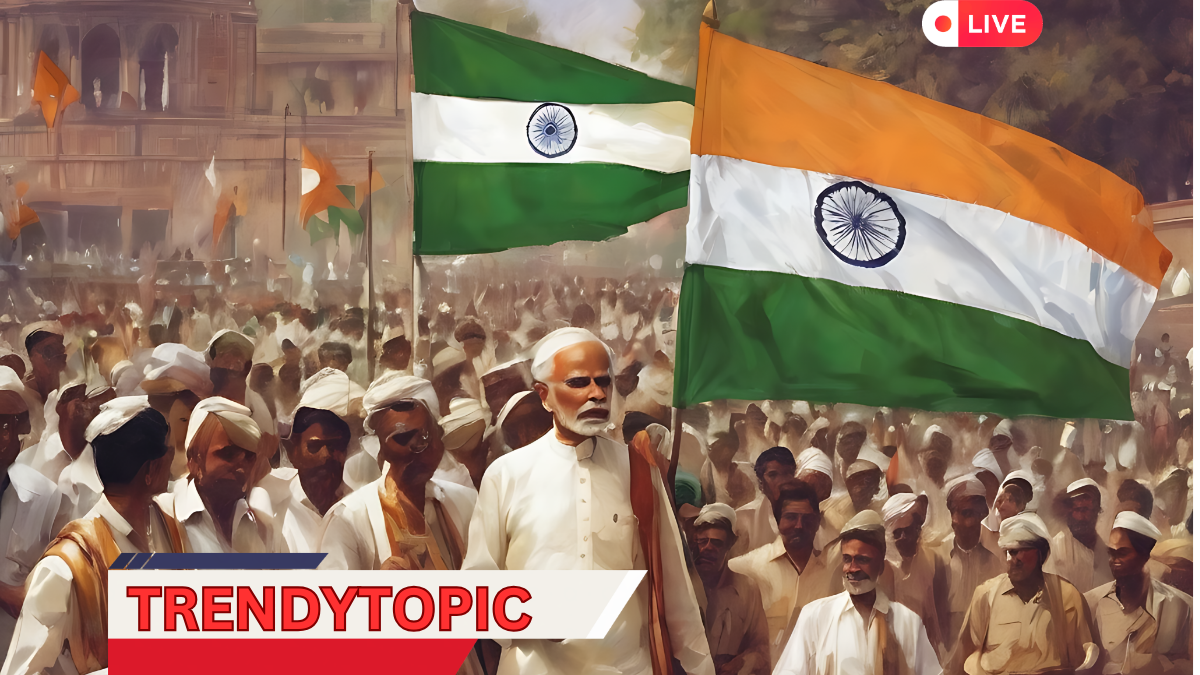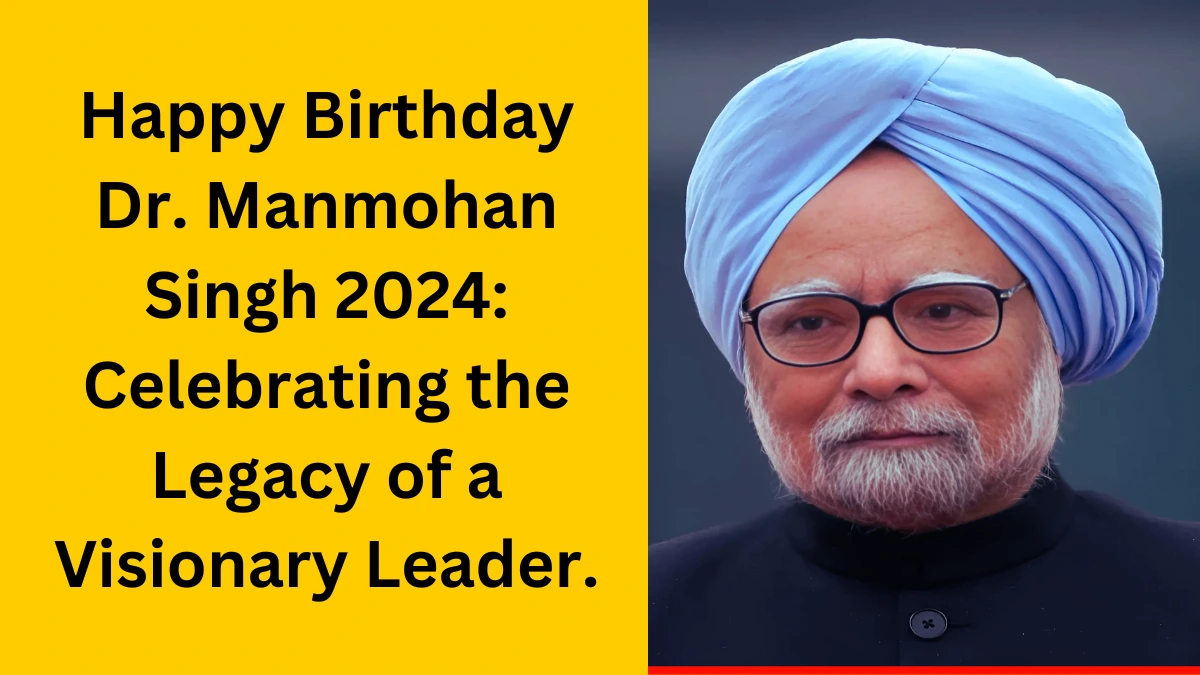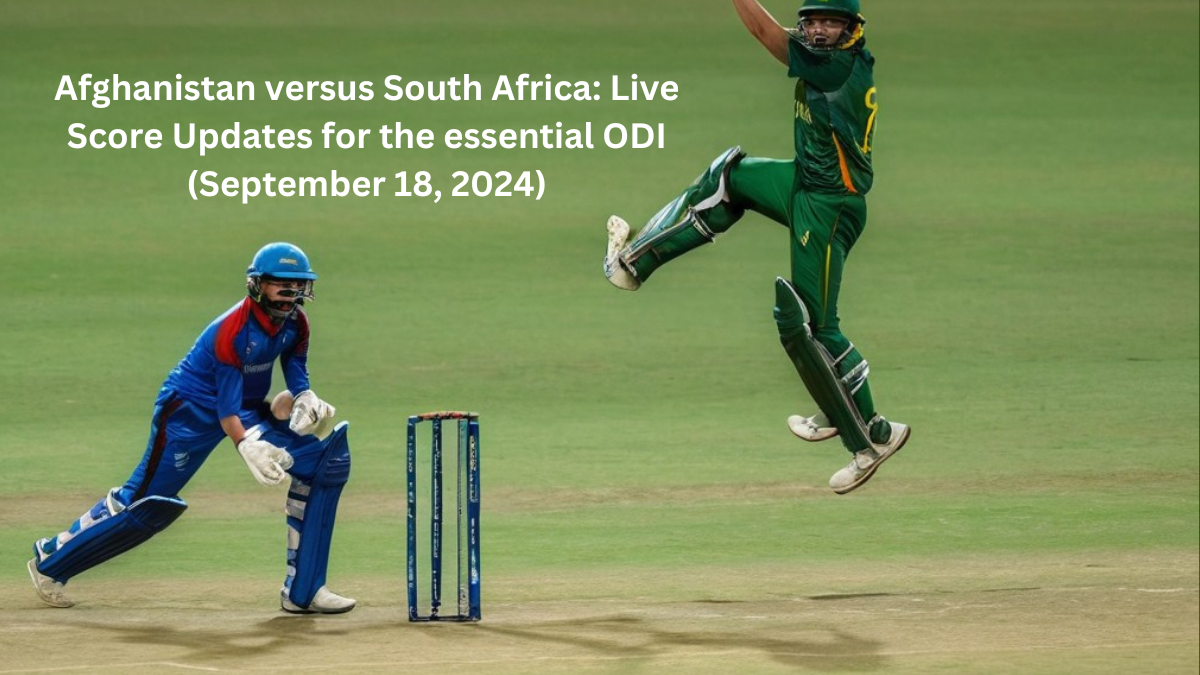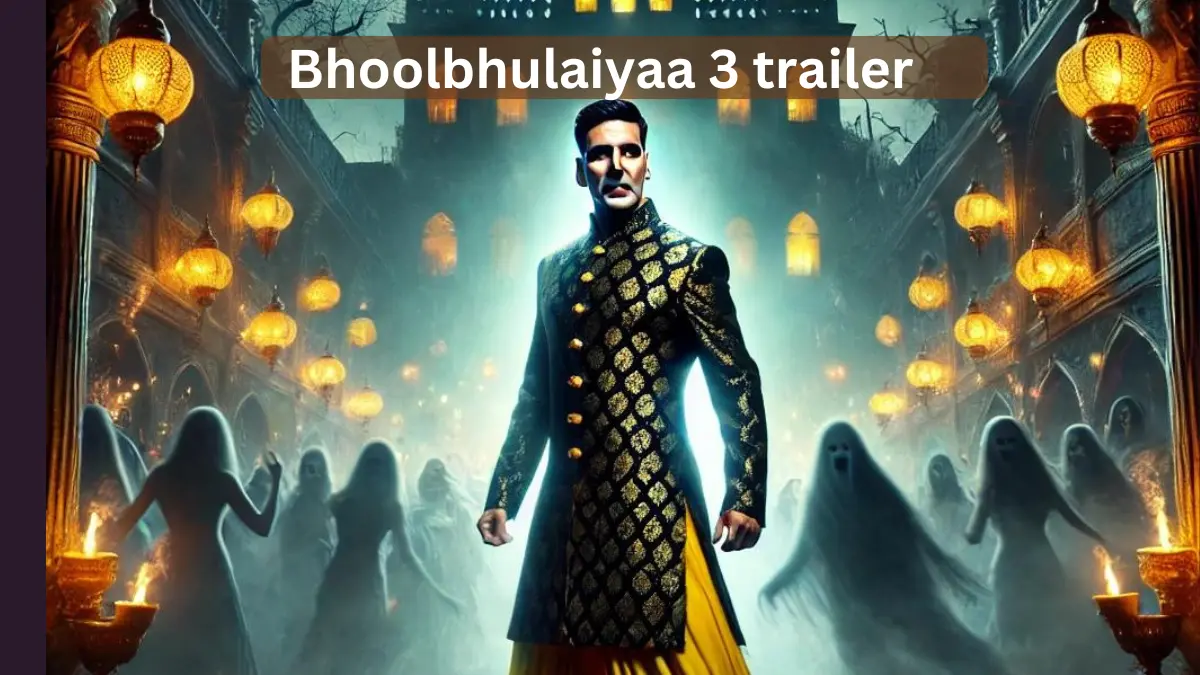1947 India Independence August 15, 1947, stands as a beacon of hope and freedom in the history of India—a day when the country emerged from the shadows of British colonial rule and stepped into the light of sovereignty. The journey to this historic moment was long and arduous, marked by struggles, sacrifices, and the unwavering spirit of countless freedom fighters. This article delves into the significance of India’s first Independence Day, the events leading up to it, and how it has been celebrated since then. The Struggle for Independence 1947 India Independence 1947 India Independence India’s struggle for independence was a multifaceted movement that spanned over a century, involving various socio-political strategies and leadership from diverse backgrounds. The revolt of 1857, also known as the First War of Independence, was a crucial moment, signifying the beginning of a unified resistance against British rule. Subsequently, the Indian National Congress, formed in 1885, became a pivotal platform for voicing nationalistic sentiments. The movement 1947 India Independence gained momentum under the leadership of Mahatma Gandhi, who introduced the principle of non-violent resistance, or Satyagraha. His methods, including the Non-Cooperation Movement, the Civil Disobedience Movement, and the Quit India Movement, mobilized millions of Indians across different strata of society. Alongside Gandhi, leaders like Jawaharlal Nehru, Subhas Chandra Bose, and Sardar Vallabhbhai Patel played instrumental roles in steering the nation towards independence. The Midnight of August 14-15, 1947 1947 India Independence The transfer of power was formalized in a ceremony on the midnight of August 14-15, 1947. Jawaharlal Nehru, who would become India’s first Prime Minister, delivered his iconic “Tryst with Destiny” speech, capturing the essence of India’s long-awaited freedom. He proclaimed, “At the stroke of the midnight hour, when the world sleeps, India will awake to life and freedom.” This momentous occasion was celebrated with joy and reverence across the country, as the Indian national flag was hoisted, symbolizing the birth of a new nation. Significance of August 15 August 15 is not just a date on the calendar; it is a reminder of the collective resilience and determination of a nation. It signifies the end of colonial exploitation and the beginning of self-governance. The day is also a tribute to the countless freedom fighters who laid down their lives for the cause of independence. It stands as a testament to the power of unity and the will of the people to overcome oppression. Celebrations Across the Nation 1947 India Independence Every year, Independence Day is celebrated with great fervor and patriotism across India. The main event takes place at the Red Fort in Delhi, where the Prime Minister hoists the national flag and addresses the nation. This is followed by a parade showcasing India’s cultural diversity and military prowess. Similar ceremonies are held in state capitals and various other cities and towns. Schools and colleges organize cultural programs, including patriotic songs, dances, and skits that highlight the freedom struggle. Kite flying is a popular tradition in many parts of India on Independence Day, symbolizing freedom and joy. People also pay homage to the freedom fighters by visiting memorials and participating in community service. Reflecting on the Journey 1947 India Independence As India celebrates its independence, it also reflects on the journey of nation-building that followed. The challenges of partition, the integration of princely states, and the framing of the Constitution were significant milestones in shaping modern India. The country has made remarkable progress in various fields, including science, technology, and education. However, it also faces ongoing challenges such as poverty, inequality, and social unrest. Independence Day is a time for introspection, a moment to assess the achievements and shortcomings of the past, and to chart a course for the future. It is a day to reaffirm the values of democracy, secularism, and unity in diversity, which are the cornerstones of the Indian Republic. Looking Ahead As India continues to evolve as a global power, the significance of August 15 remains undiminished. It serves as a reminder of the sacrifices made and the responsibilities that come with freedom. The day inspires the younger generation to carry forward the legacy of their forefathers and to contribute to the nation’s progress. conclusion, August 15, 1947, is more than just a date in history; it is a celebration of the indomitable spirit of the Indian people. It is a day to honor the past, celebrate the present, and look forward to a future filled with hope and promise. As the tricolor flutters in the wind, it embodies the dreams and aspirations of a billion people—a symbol of a nation that has risen from the ashes of colonialism to stand tall on the global stage.
Independence of India: What It Means and How It Happened
Introduction: Understanding Independence Independence of India signifies a state of self-governance, free from external control or influence. For a country, it means the ability to govern its own affairs without interference from outside forces. This concept is deeply rooted in the aspirations of people who seek to establish a system that reflects their own identity, values, and priorities. 1. What Does Independence Mean? Independence of India Independence is more than just political freedom. It encompasses a nation’s ability to shape its own destiny, create its laws, and govern its people according to the will of its citizens. It also implies a sense of national pride and identity, as well as the opportunity to develop economically, socially, and culturally. 2. What Happened on 15 August 1947 in India? Independence of India On 15 August 1947, India achieved its independence from British colonial rule. This historic day marked the end of nearly 200 years of British dominance, beginning a new chapter in the subcontinent’s history. The day is celebrated as Independence Day and is a national holiday in India. At midnight on 14-15 August, Jawaharlal Nehru, the first Prime Minister of India, delivered his famous “Tryst with Destiny” speech, signifying the birth of a free and independent India. The British Parliament passed the Indian Independence Act 1947, which granted India and Pakistan, formed simultaneously, complete legislative sovereignty. 3. How Did India Gain Independence in 1947? Independence of India The path to Indian independence was long and arduous, involving a series of movements and events that contributed to the weakening of British control over the region. Conclusion: The Legacy of Indian Independence The independence of India on 15 August 1947 marked a significant milestone in world history. It not only ended colonial rule in the subcontinent but also inspired other nations in Asia and Africa to seek their own independence. Today, India’s independence is celebrated with great fervor, commemorating the sacrifices of those who fought for freedom and reflecting on the journey of the nation towards becoming a vibrant democracy.




